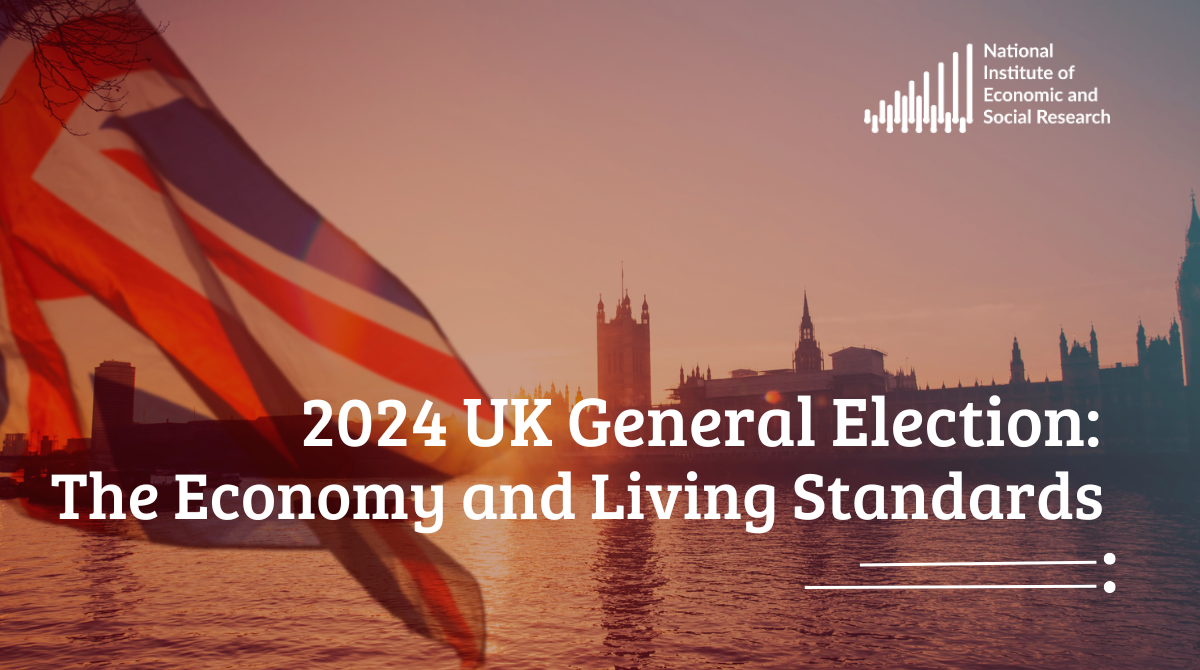Friday Flyer: Dealing with the Budget Deal
The agreement in principle on the EU Budget (along with some related aspects of the negotiation) announced on Friday 8th December seems sufficient to trigger further progress on trade talks. The basic premise for an agreement on the Budget is that even though the UK may leave the European Union formally in March 2019, the financial relationship cannot end without consideration of existing financial obligations, contingent liabilities and the splitting of assets and liabilities that have been agreed or formed during the period of the UK's membership of the EU.

The agreement in principle on the EU Budget (along with some related aspects of the negotiation) announced on Friday 8th December seems sufficient to trigger further progress on trade talks. The basic premise for an agreement on the Budget is that even though the UK may leave the European Union formally in March 2019, the financial relationship cannot end without consideration of existing financial obligations, contingent liabilities and the splitting of assets and liabilities that have been agreed or formed during the period of the UK’s membership of the EU.
It is essentially the approach to the financial settlement that has been agreed: (1) on components; (2) the principles for calculating the value and payment modalities; (3) arrangements for the UK’s continued participation in the current Multilateral Financial Framework and (4) the disentangling of financial arrangements for the EIB, ECB, and various EU funds including the facility for refugees in Turkey.
The UK will contribute to and participate in the annual EU Budget for 2019 and 2020 as if it had remained in the Union. This principle implies that the normal process of revenue adjustment will apply to the UK, as will the UK’s obligations to Reste à Liquider (RAL) (which is the sum of commitments made less payments) for end-December 2020. The UK will remain liable for financing its share of EU liabilities incurred before 31st December 2020 and for its share of contingent liabilities established at the date of withdrawal. And the UK will be liable for guarantees for financial operations prior to the date of withdrawal. Note that EU assets in the space programme are not part of this settlement.
The calculation of the financial settlement will involve the following principles: the UK will not finance commitments that fall outside of member states’ obligations; the payments made by the UK in relation to the Union Budget will be a percentage calculated as a ratio of own UK resources and those made available by all member States; and it is envisaged that payments will be made as they fall due. The payments will be made in Euro and subject to audit by the European Court of Auditors.
The UK will continue to participate in the Multiannual Financial Framework (MFF) until 2020 and UK entities can continue to participate in the programme. It is possible for the UK to continue to participate in the MFF subject to the agreement of a further budgetary settlement.
The other components of the settlements are to EU bodies and funds related to Union policies. There are settlements related to the reimbursement of capital and guarantees for callable capital of the European Investment Bank (EIB); the re-imbursement of paid-in capital from the European Central Bank to the Bank of England; the honouring of commitments made before withdrawal to the Facility for Refugees in Turkey and European Union Trust Funds. The UK will though remain party to the European Development Fund and is for the moment outside the EU budget.
The agreement announced on 8th December contains no numbers at this stage. But the final settlement seems likely to be in the region of €40-60b, which is some 2% of UK GDP. The question facing the UK, given the principles have been agreed, is whether the application of these principles can lead to any significant variance in the overall amounts due; and then what does the profile of payments to and receipts from the EU resemble. The burden of paying some 2% of GDP spread over a number of years may be relatively negligible and may best be thought of as a gradual reduction in the net payments to the EU over a number of years rather than a sudden cessation in March 2019.
A further question is whether the financial settlement should be thought of as part of the bigger question of the whole exit deal and thus subject to some form re-negotiation or rather a simple statement of basic mutual financial obligations and thus outside the terms of the rest of the negotiation.



















